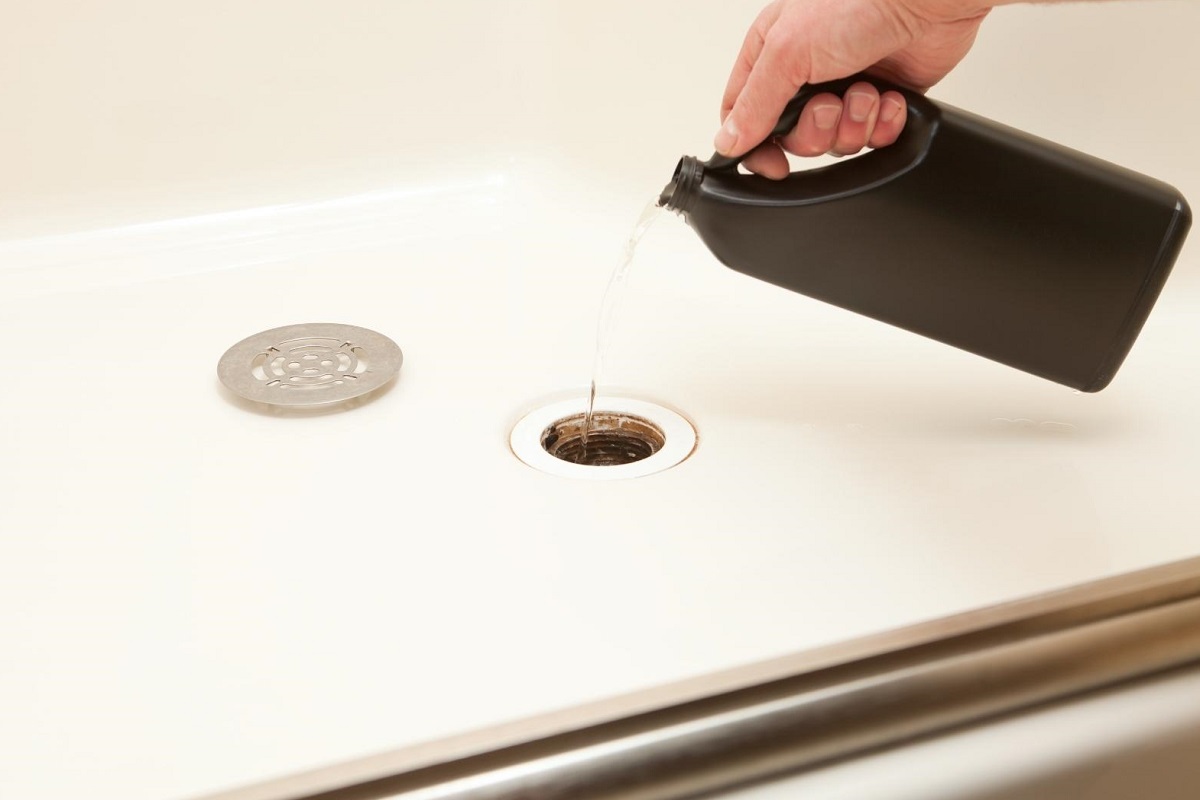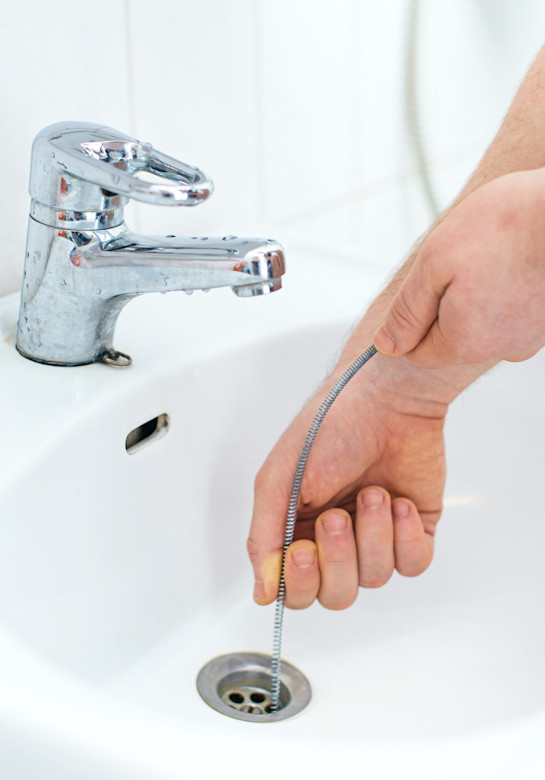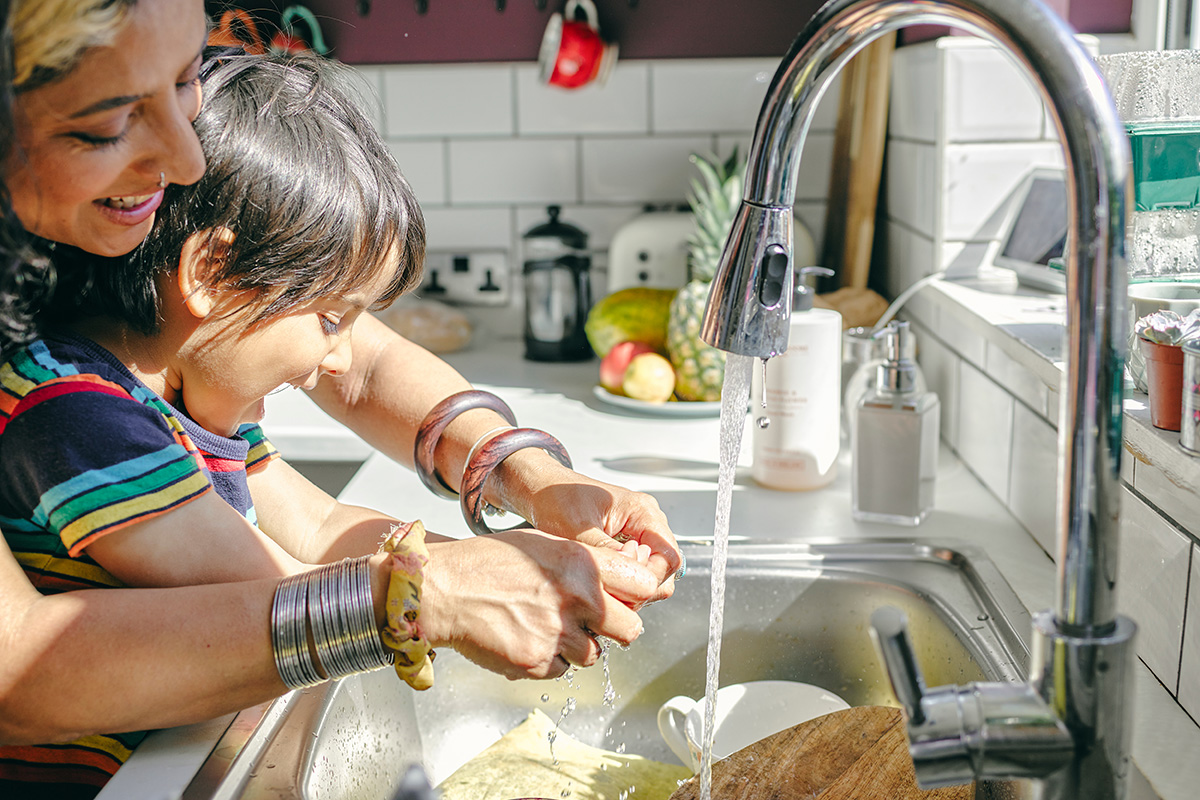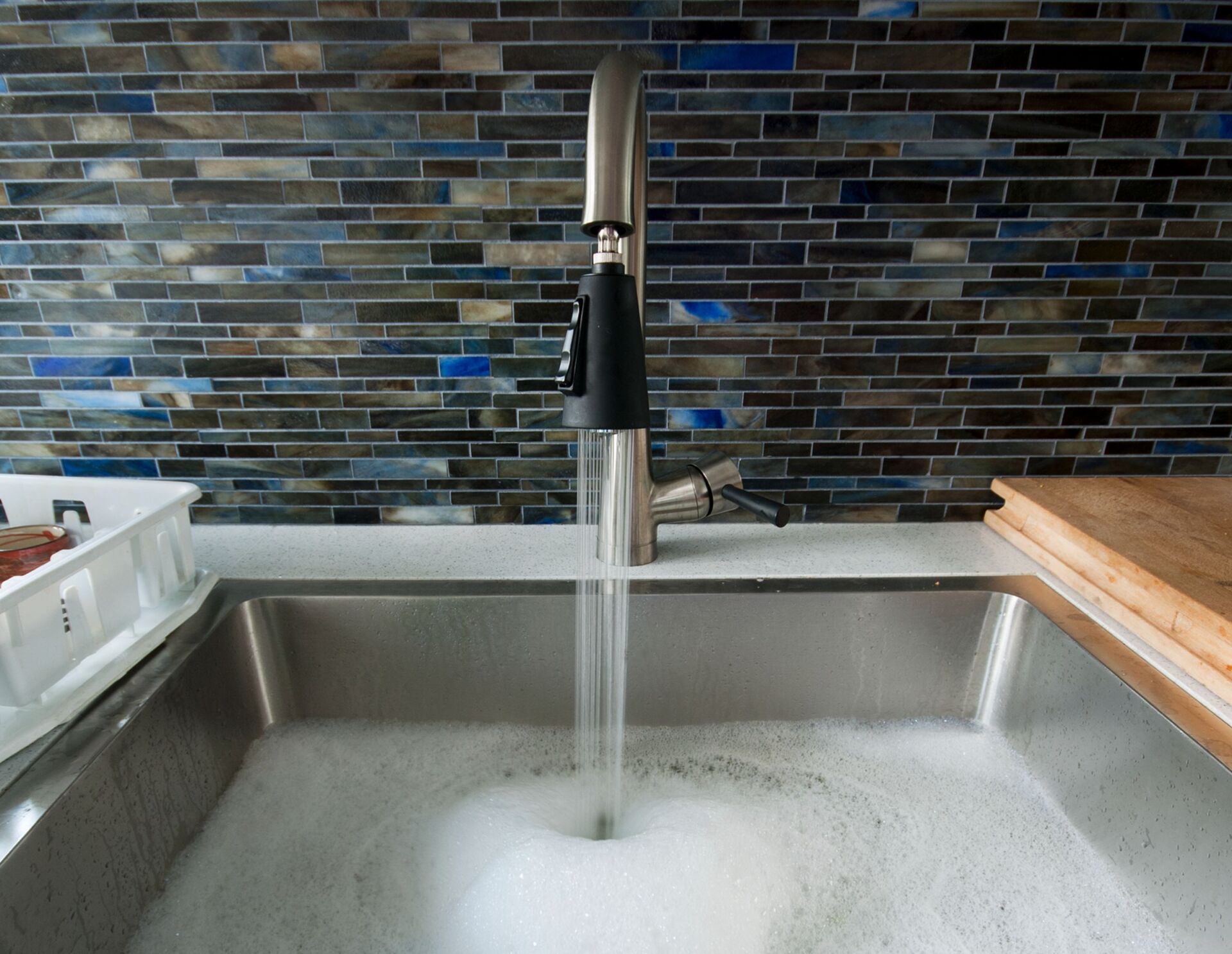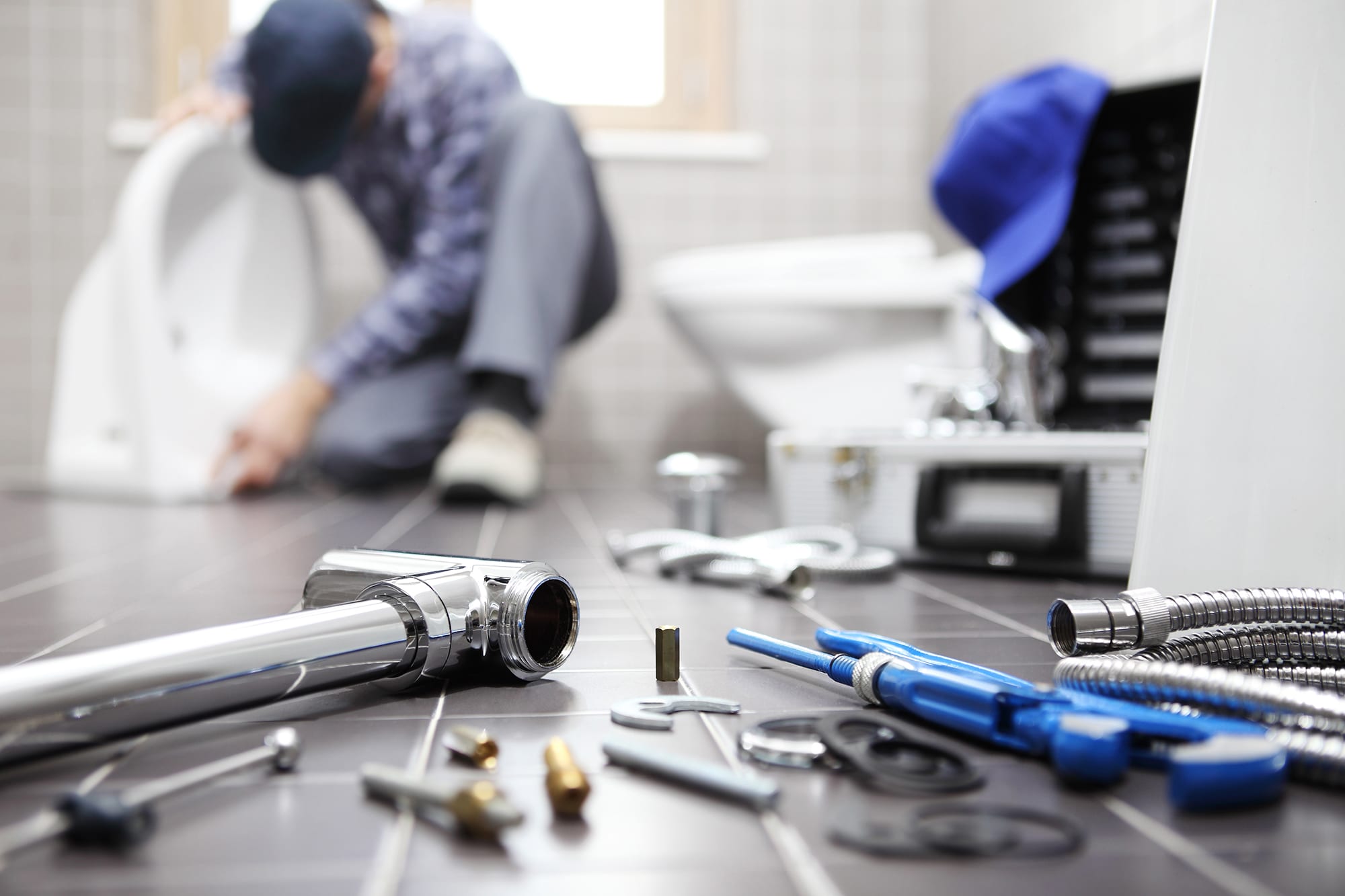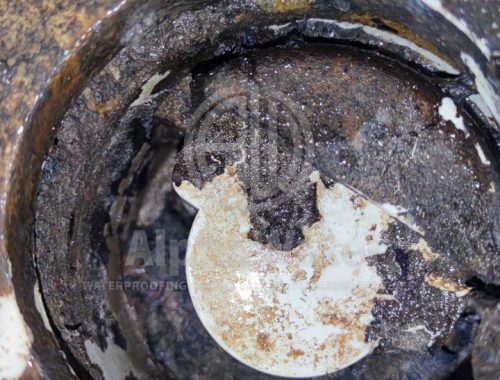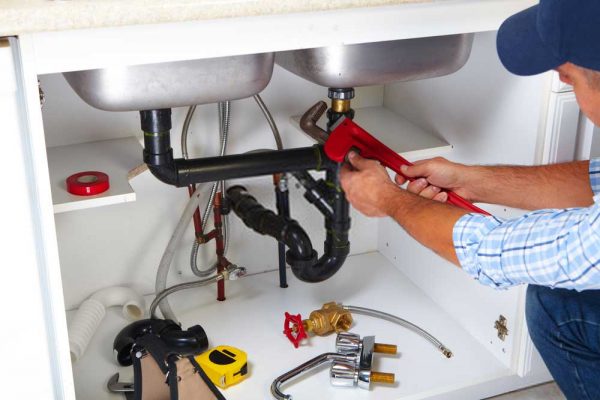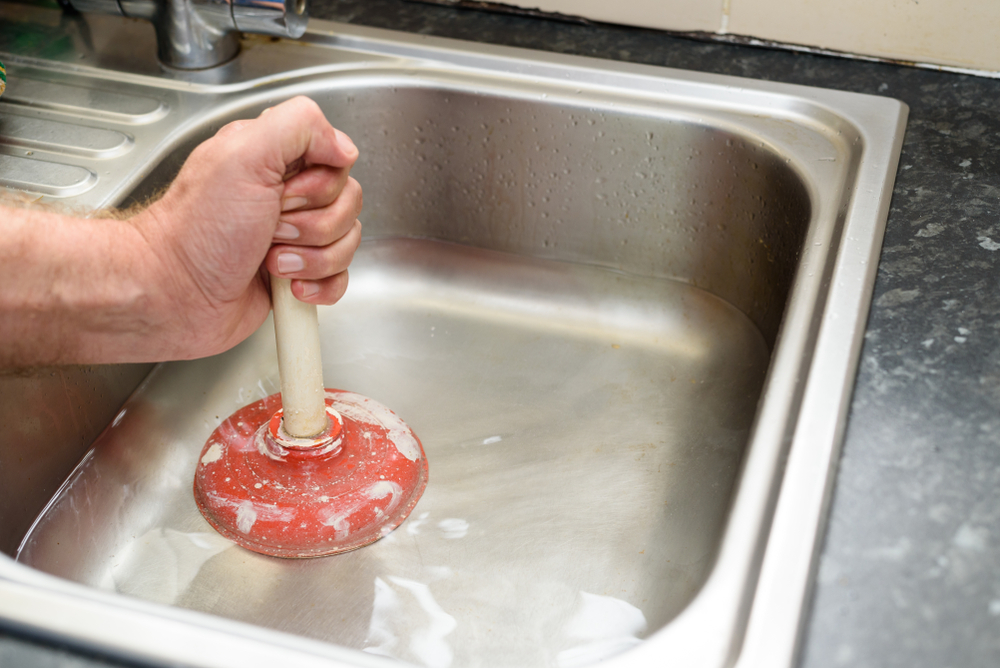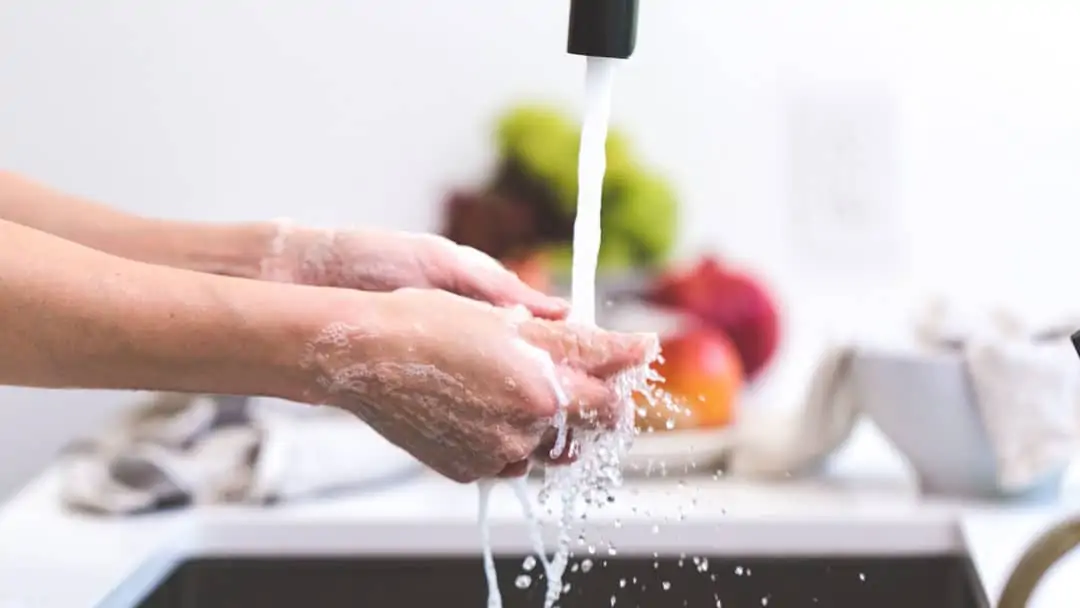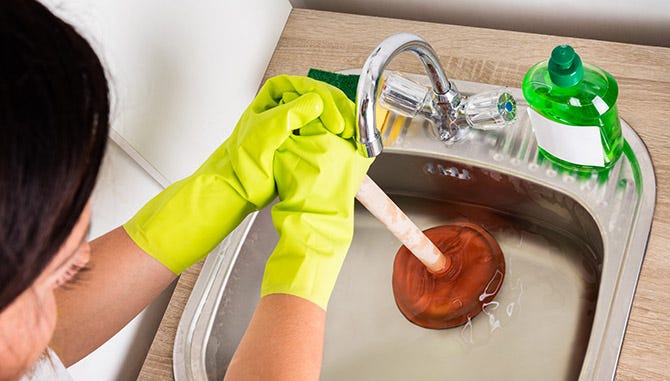1. How to Unclog a Kitchen Sink
Dealing with a clogged kitchen sink can be a frustrating experience. The thought of standing water and dirty dishes piling up can make anyone cringe. But don't worry, with a little know-how, you can easily unclog your kitchen sink and get back to your daily routine.
Start by identifying the type of clog you're dealing with. Is it a partial or complete clog? A partial clog means water is still draining slowly, while a complete clog means no water is draining at all. This will determine the method you'll need to use to unclog your sink.
2. DIY Methods for Unclogging a Kitchen Sink
If you have a partial clog, you can try some DIY methods to clear it. One simple method is using a plunger. Fill your sink with enough water to cover the rubber part of the plunger. Place the plunger over the drain and push down and pull up in quick motions. This suction will help dislodge the clog.
If the plunger doesn't work, you can try using a mixture of baking soda and vinegar. Pour half a cup of baking soda into the drain, followed by half a cup of vinegar. Cover the drain with a cloth or stopper and let it sit for 15 minutes. Then, pour boiling water down the drain to flush out the clog.
3. Natural Ways to Unclog a Kitchen Sink
If you prefer to use natural methods, there are a few options to try. One is using boiling water to flush out the clog. Boil a pot of water and carefully pour it down the drain in stages, giving it time to work on the clog.
You can also try using a mixture of salt and baking soda. Mix equal parts of salt and baking soda and pour it down the drain. Let it sit for a few hours, then pour boiling water down the drain to clear the clog.
4. Using a Plunger to Unclog a Kitchen Sink
If you have a complete clog, a plunger may not be effective. In this case, you'll need to use a drain snake to physically remove the clog. Insert the snake into the drain and twist it while pushing it in. Once you feel resistance, pull it out and hopefully, the clog will come out with it.
If you don't have a drain snake, you can try using a wire hanger. Straighten out the hanger and create a small hook at the end. Insert it into the drain and try to hook onto the clog to pull it out.
5. Baking Soda and Vinegar Method for Unclogging a Kitchen Sink
If you prefer using a natural method, the baking soda and vinegar method is a great option. Mix half a cup of baking soda with half a cup of vinegar and pour it down the drain. Let it sit for 30 minutes, then pour boiling water down the drain to flush out the clog.
This method is not only effective, but it also helps to deodorize your drain, leaving it smelling fresh.
6. Using a Drain Snake to Unclog a Kitchen Sink
For tough clogs, using a chemical drain cleaner may be necessary. These cleaners contain powerful chemicals that can dissolve and break down clogs. However, they can also be harsh on your pipes and should be used sparingly.
Follow the instructions on the drain cleaner carefully and be sure to wear gloves and protective eyewear. After pouring the cleaner down the drain, let it sit for the recommended amount of time before flushing it with hot water.
7. Chemical Drain Cleaners for Unclogging a Kitchen Sink
To avoid dealing with a clogged kitchen sink in the future, there are a few things you can do to prevent it. First, be mindful of what you put down your drain. Avoid pouring grease, coffee grounds, and other food scraps down the drain.
You can also use a hair catcher in your sink to prevent hair and other debris from going down the drain and causing a clog. Regularly cleaning your drain with a mixture of baking soda and vinegar can also help prevent clogs.
8. Tips for Preventing Kitchen Sink Clogs
If you've tried all the DIY and natural methods and still can't unclog your kitchen sink, it may be time to call in the professionals. A plumbing service will have the necessary tools and expertise to unclog your sink without causing any damage to your pipes.
They can also provide tips and advice on how to prevent future clogs and maintain a healthy plumbing system.
9. Professional Plumbing Services for Unclogging a Kitchen Sink
Knowing the common causes of kitchen sink clogs can also help you prevent them in the future. The most common cause is food scraps and grease being poured down the drain. Other causes include hair, soap scum, and foreign objects accidentally going down the drain.
Being mindful of what goes down your drain and regularly maintaining it can help prevent clogs and save you from the hassle and expense of dealing with a clogged kitchen sink.
10. Common Causes of Kitchen Sink Clogs
In conclusion, a clogged kitchen sink is a common household problem that can be easily resolved with the right methods and tools. Whether you prefer DIY or natural methods, or need to call in the professionals, there are plenty of options to unclog your sink and prevent future clogs.
Remember to be mindful of what goes down your drain and regularly maintain it to avoid dealing with a clogged kitchen sink again. With these tips and methods, you can keep your kitchen sink functioning smoothly and keep your sanity intact.
Preventing Future Clogs

Maintaining a Clean and Functional Kitchen Sink
:max_bytes(150000):strip_icc()/how-to-unclog-a-kitchen-sink-2718799_sketch_FINAL-8c5caa805a69493ab22dfb537c72a1b7.png) Aside from the immediate satisfaction of
unclogging
a
kitchen sink
, it is important to take preventative measures to avoid future
clogs
. First and foremost, avoid pouring any greasy substances down the drain. Grease can solidify and cause major blockages, so be sure to dispose of it in a separate container. Another tip is to use a
drain strainer
to catch any food particles or debris that may potentially clog your sink. This simple tool can save you from the hassle of having to
unclog
your sink in the future. Additionally, be mindful of what you put down your garbage disposal. Avoid fibrous or starchy foods, such as potato peels or celery, as they can easily get tangled and cause a
clog
. Lastly, regularly clean your
kitchen sink
and pipes using a mixture of hot water, baking soda, and vinegar. This will help keep your pipes clear and prevent any buildup that can lead to
clogs
. By following these simple tips, you can maintain a clean and functional
kitchen sink
and avoid the hassle of dealing with frequent
clogs
.
Aside from the immediate satisfaction of
unclogging
a
kitchen sink
, it is important to take preventative measures to avoid future
clogs
. First and foremost, avoid pouring any greasy substances down the drain. Grease can solidify and cause major blockages, so be sure to dispose of it in a separate container. Another tip is to use a
drain strainer
to catch any food particles or debris that may potentially clog your sink. This simple tool can save you from the hassle of having to
unclog
your sink in the future. Additionally, be mindful of what you put down your garbage disposal. Avoid fibrous or starchy foods, such as potato peels or celery, as they can easily get tangled and cause a
clog
. Lastly, regularly clean your
kitchen sink
and pipes using a mixture of hot water, baking soda, and vinegar. This will help keep your pipes clear and prevent any buildup that can lead to
clogs
. By following these simple tips, you can maintain a clean and functional
kitchen sink
and avoid the hassle of dealing with frequent
clogs
.





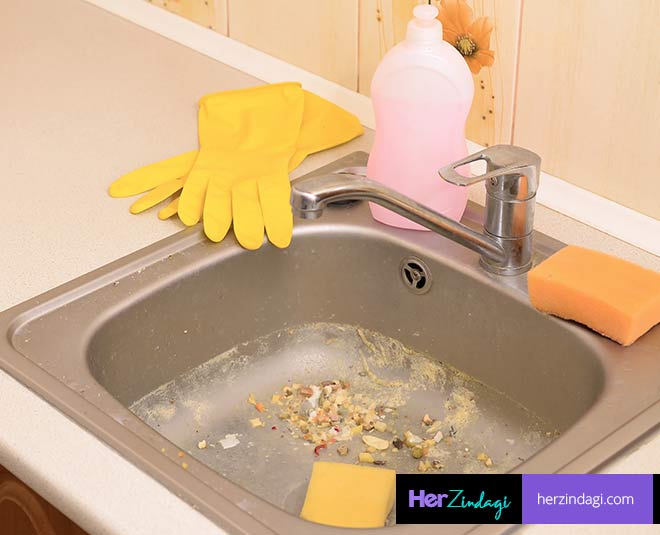

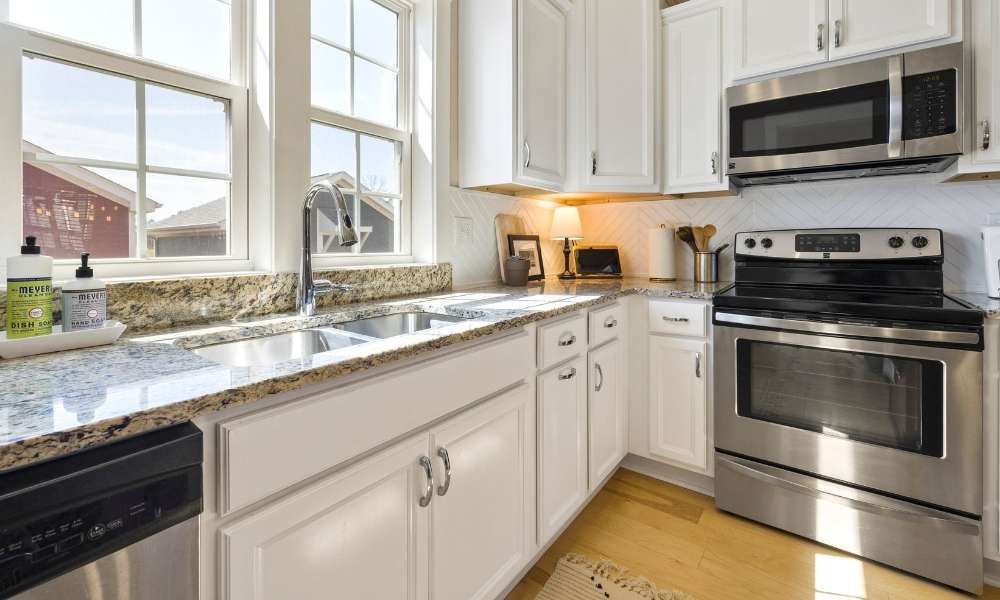


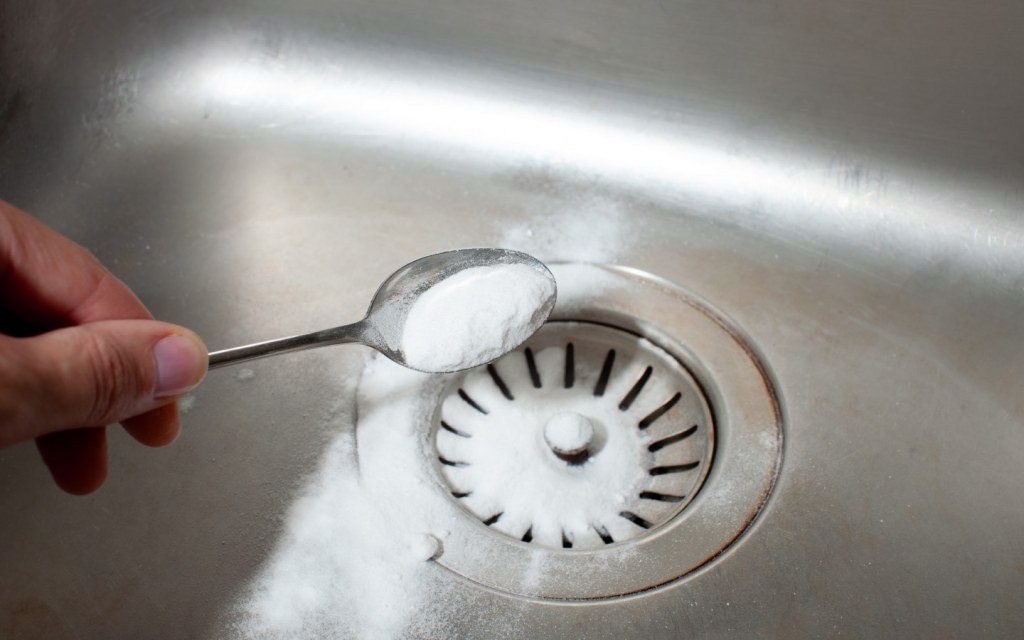
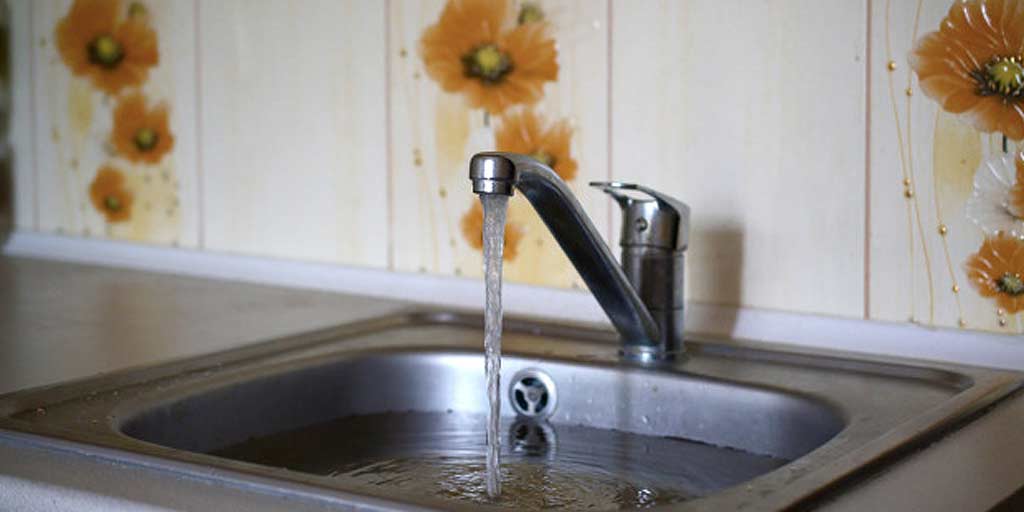



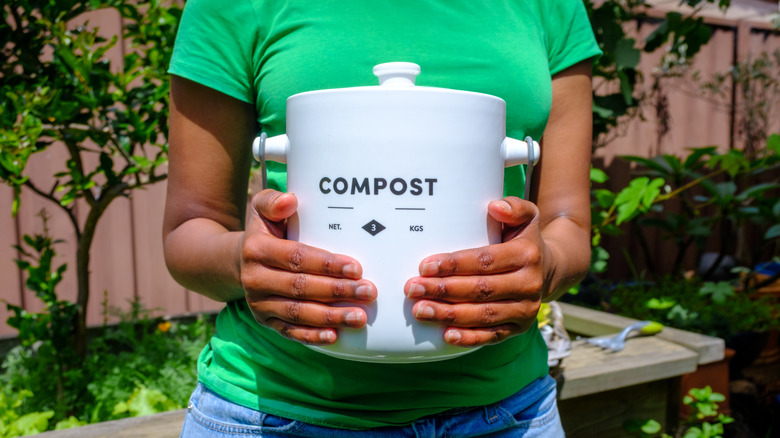


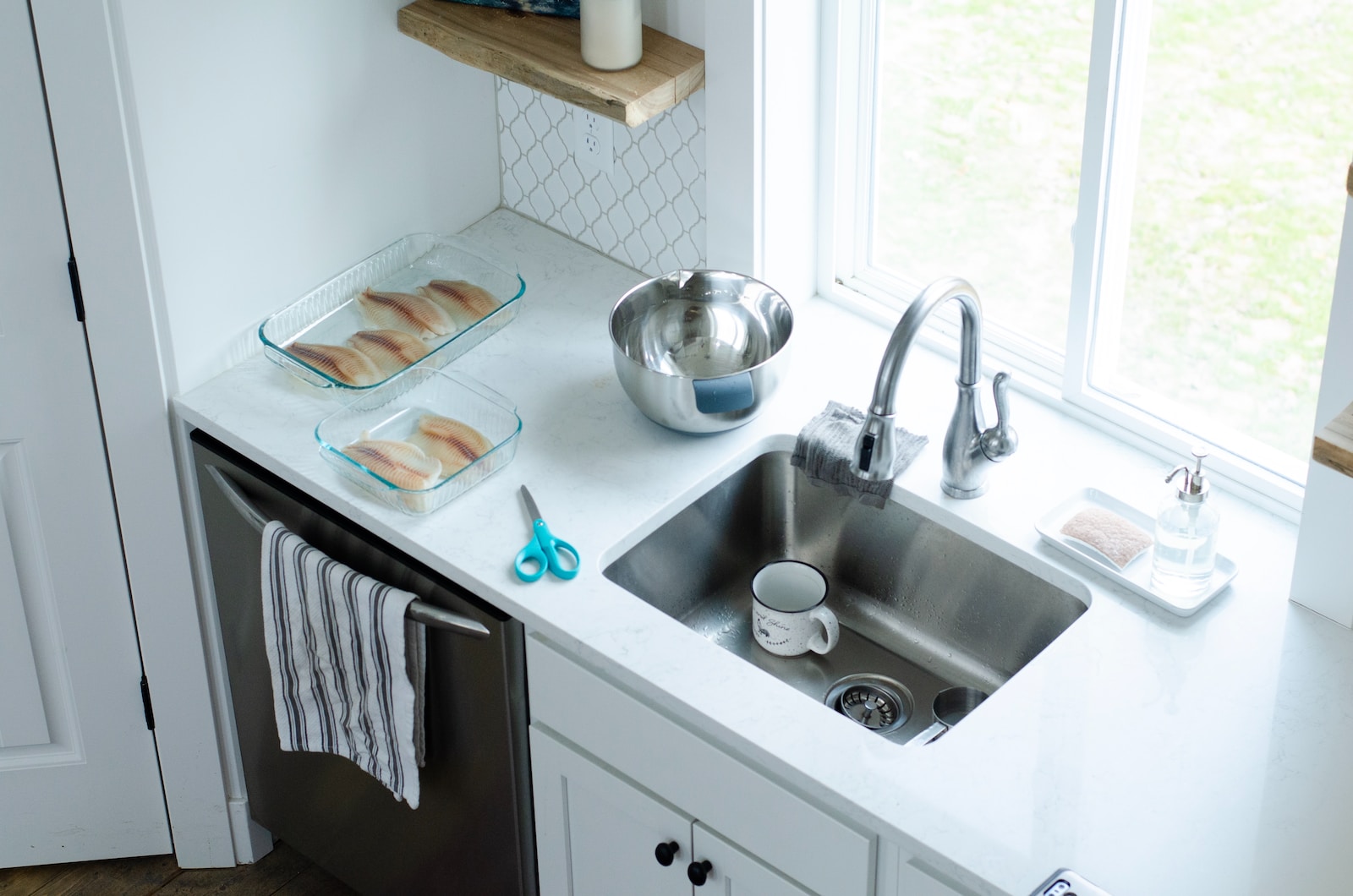

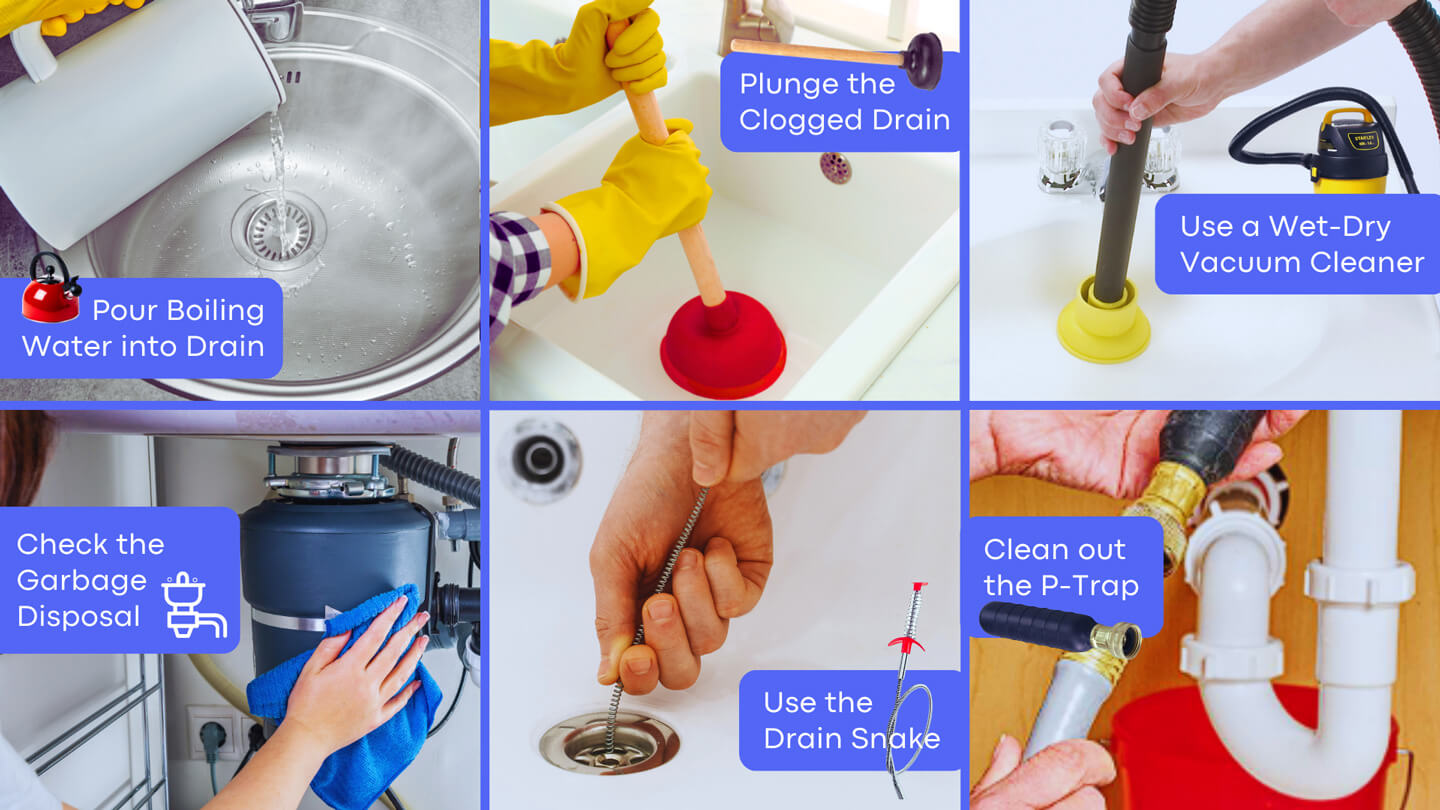
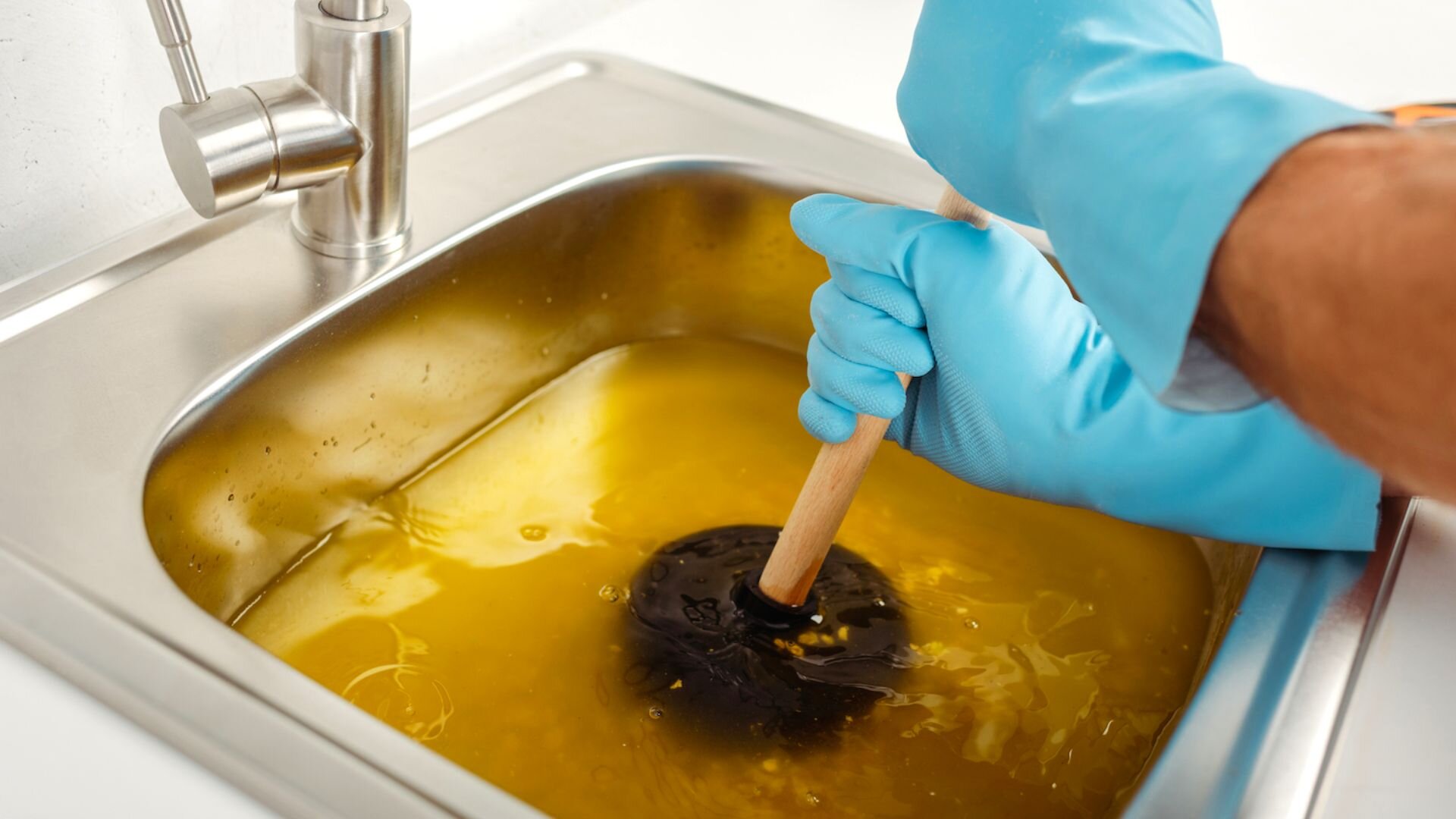



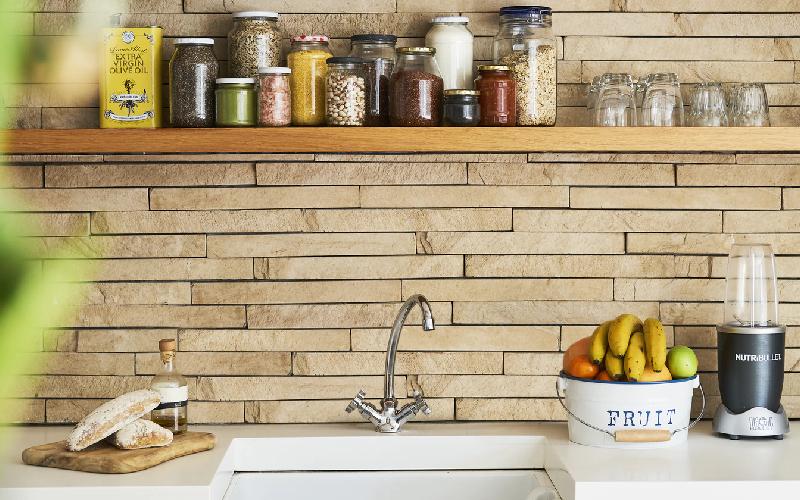
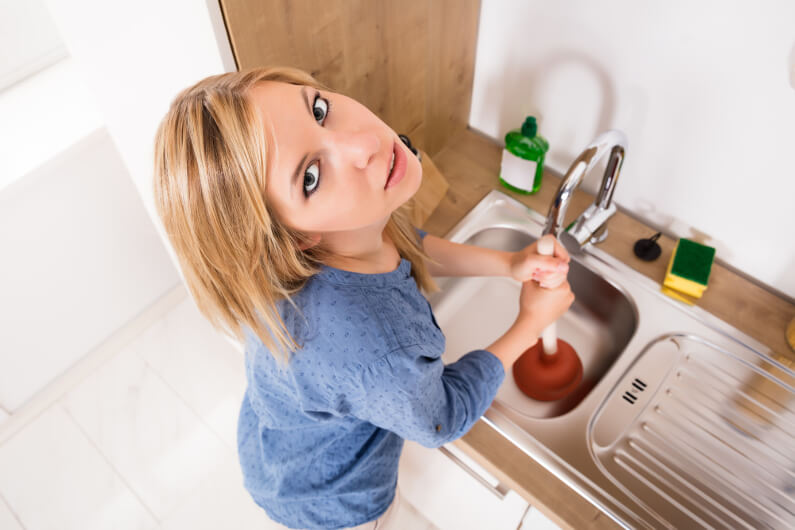
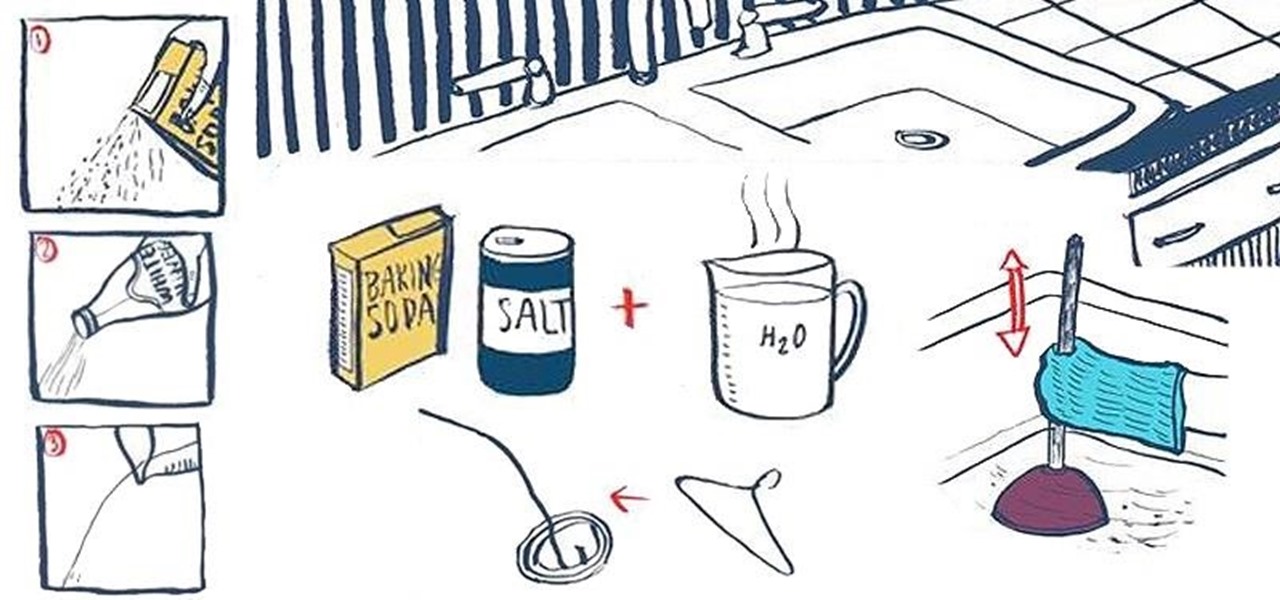


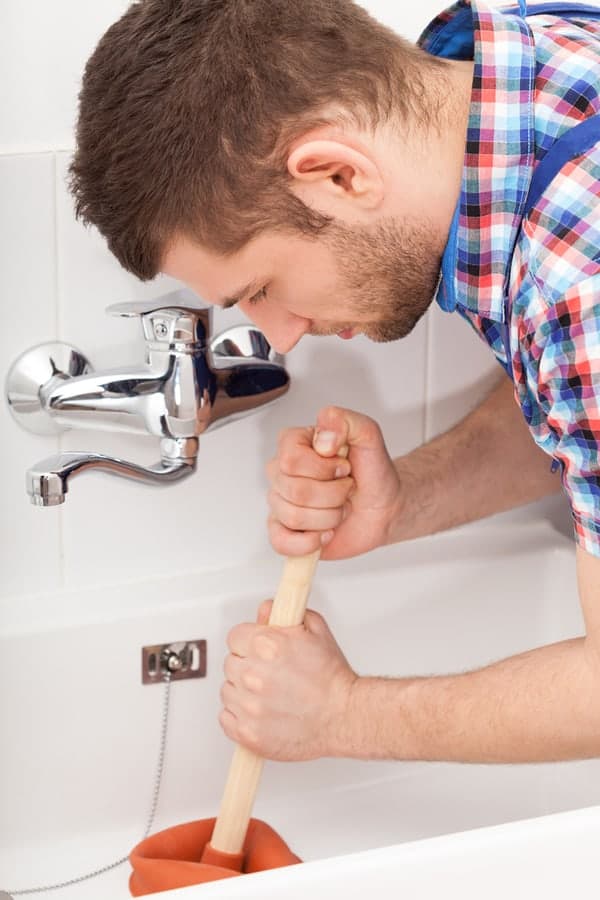



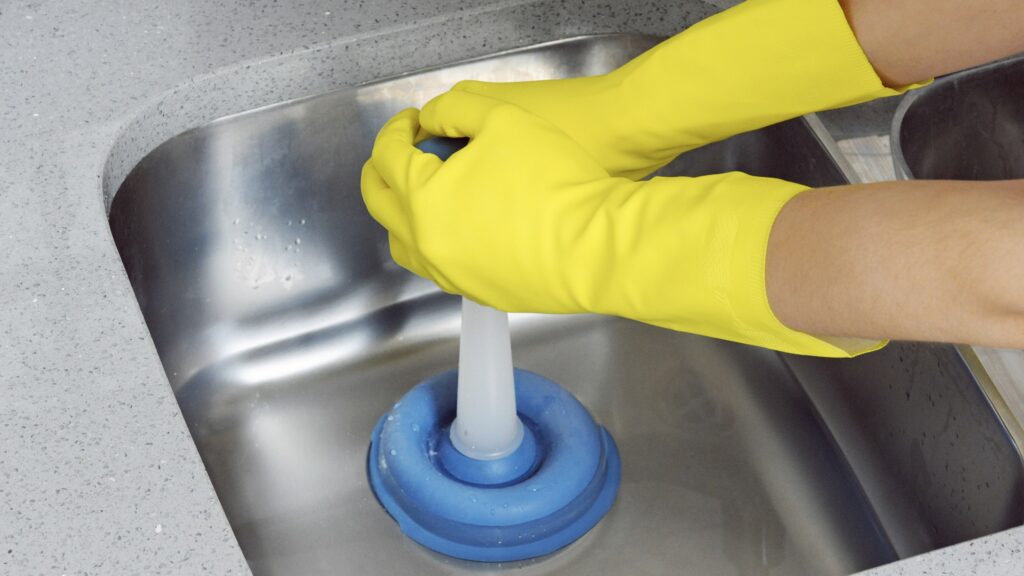







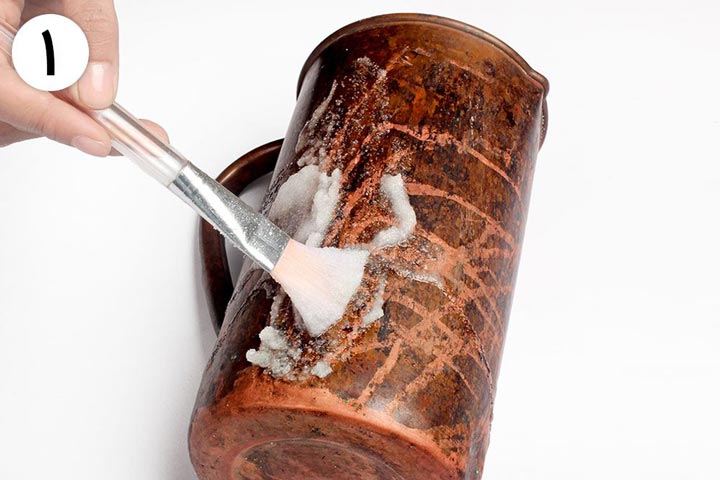
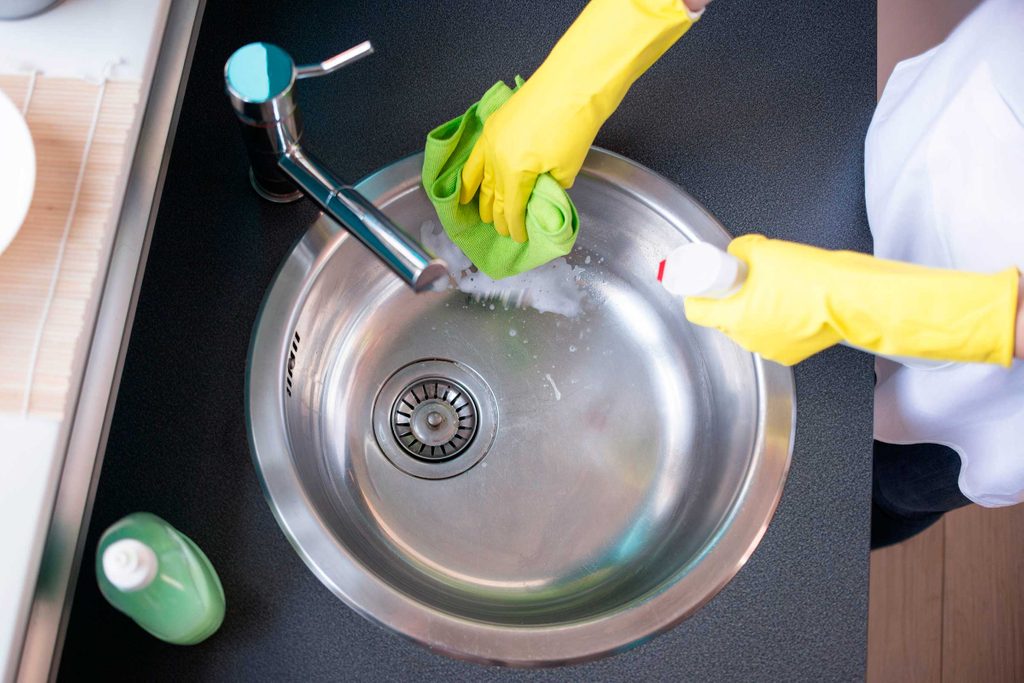

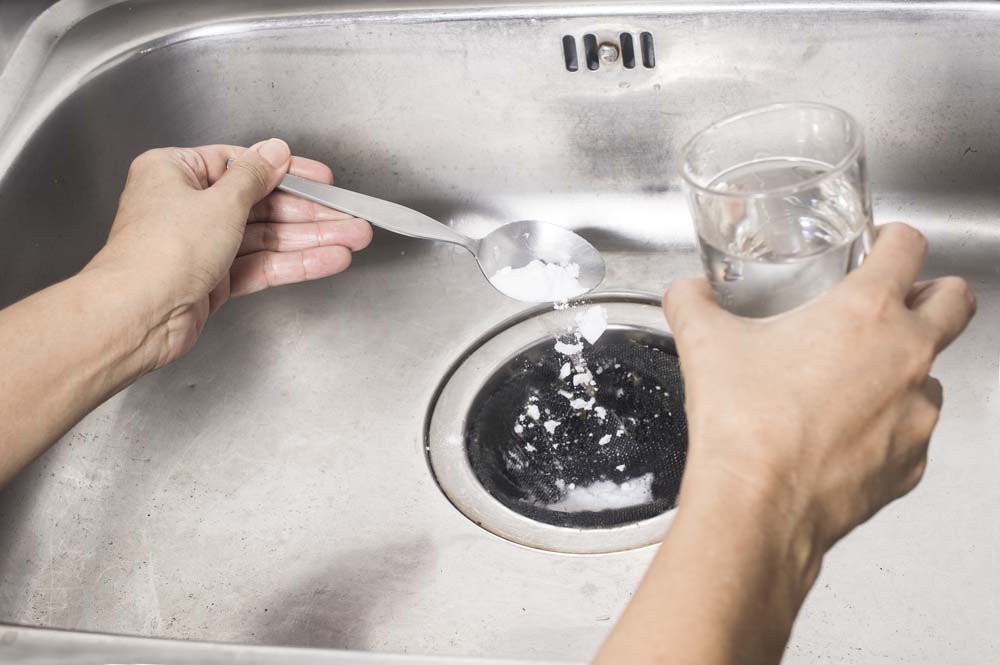
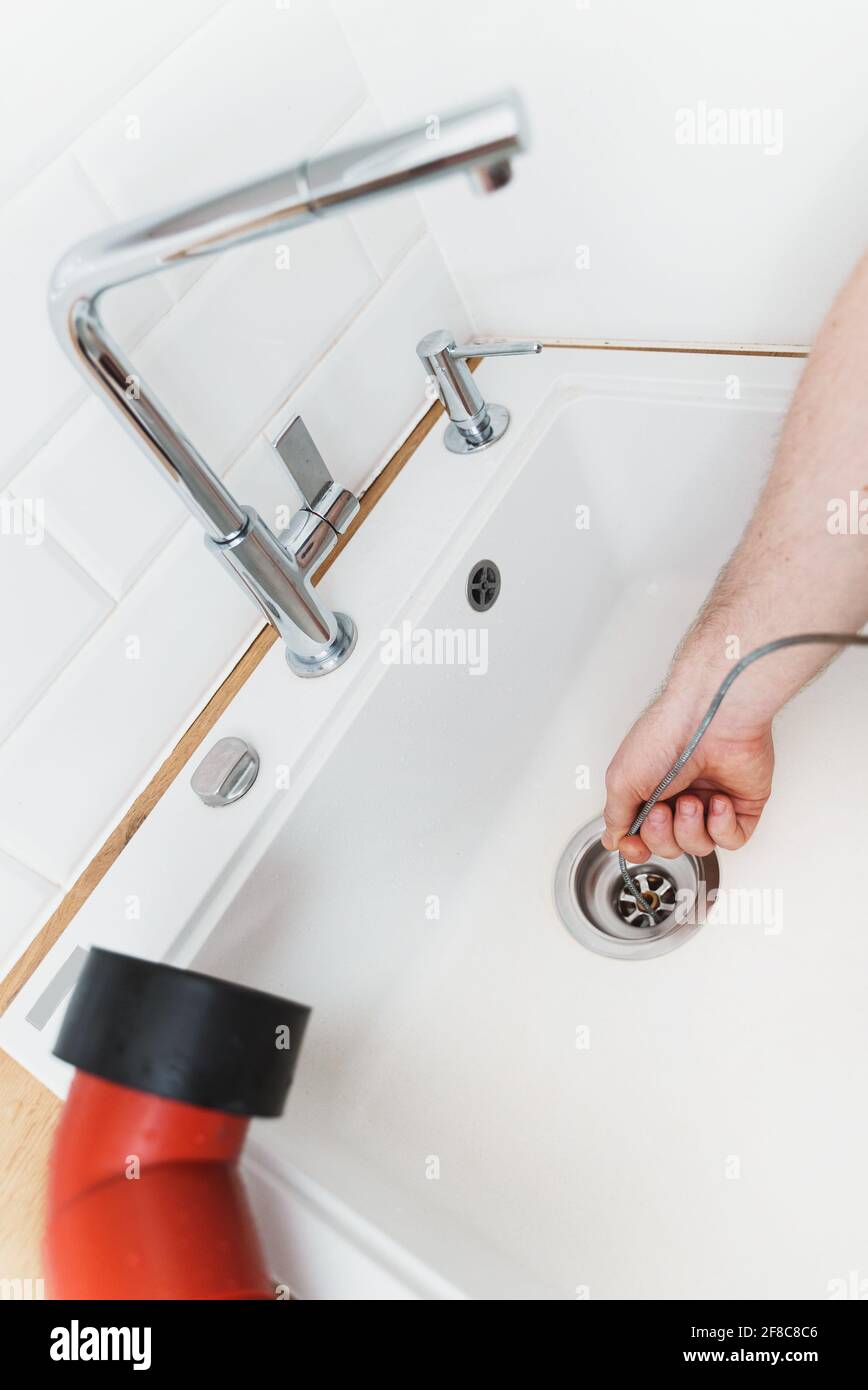





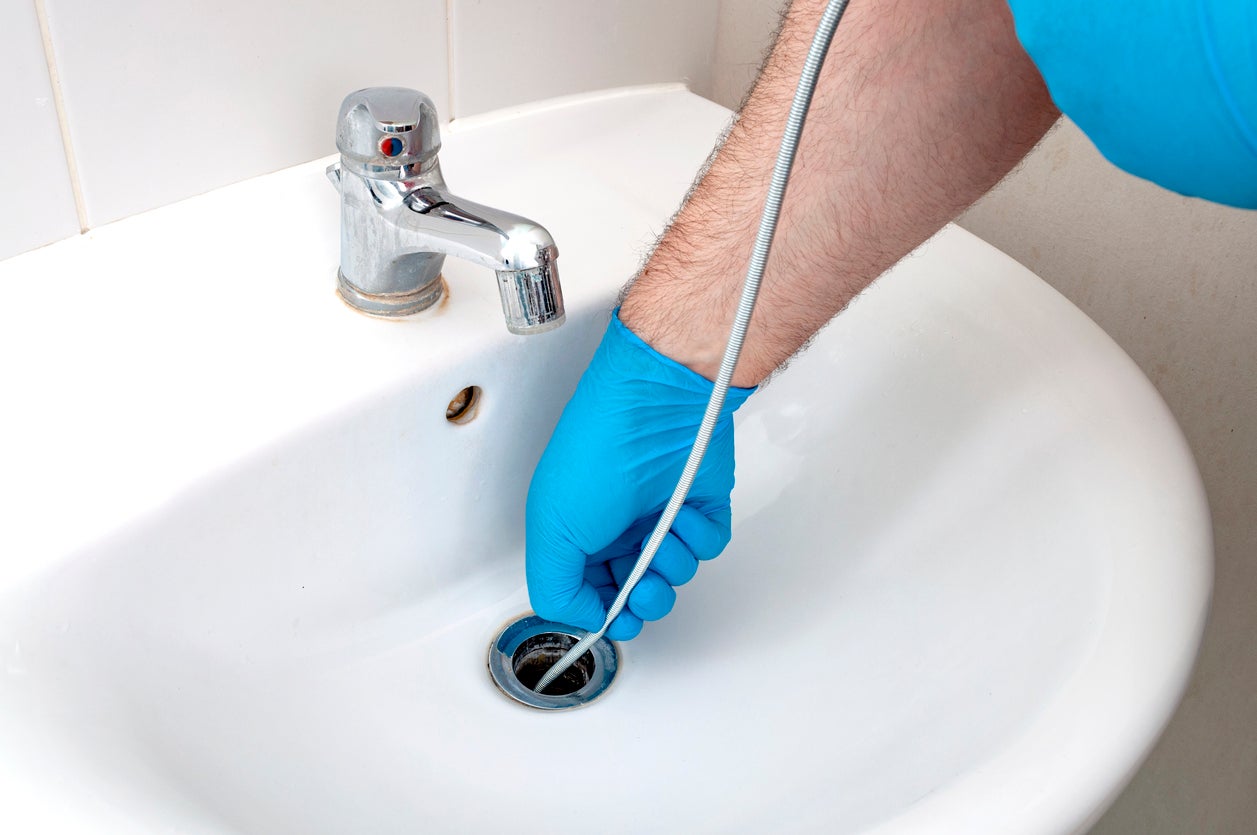
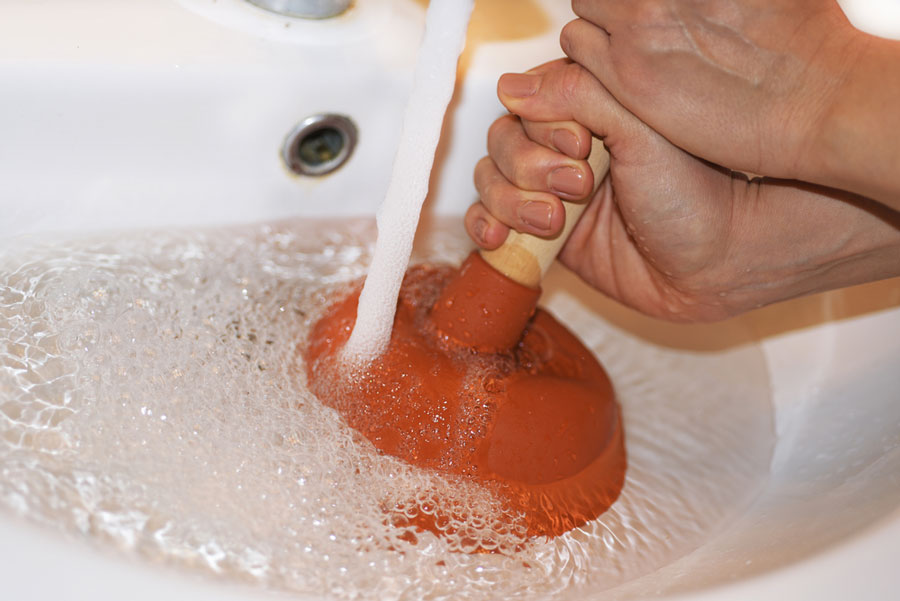

:max_bytes(150000):strip_icc()/how-to-use-a-sink-auger-1825090-hero-70d39960647643819dbb4c1f3a05e929.jpg)







.jpg)
